Search Results
Showing Results for clinical trial

Emerging data at EAN 2025 reveals key innovations across multiple neurological disease areas. In this article, you will learn:
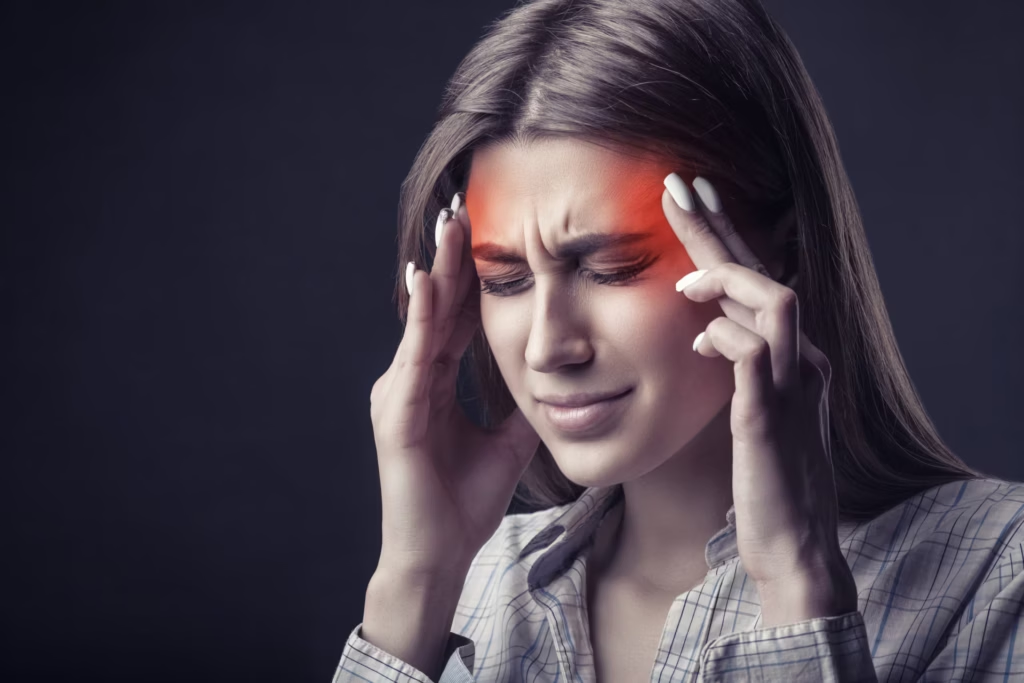
Despite advances in targeted therapies, migraine remains a significant clinical burden. In this Q&A, you will learn:
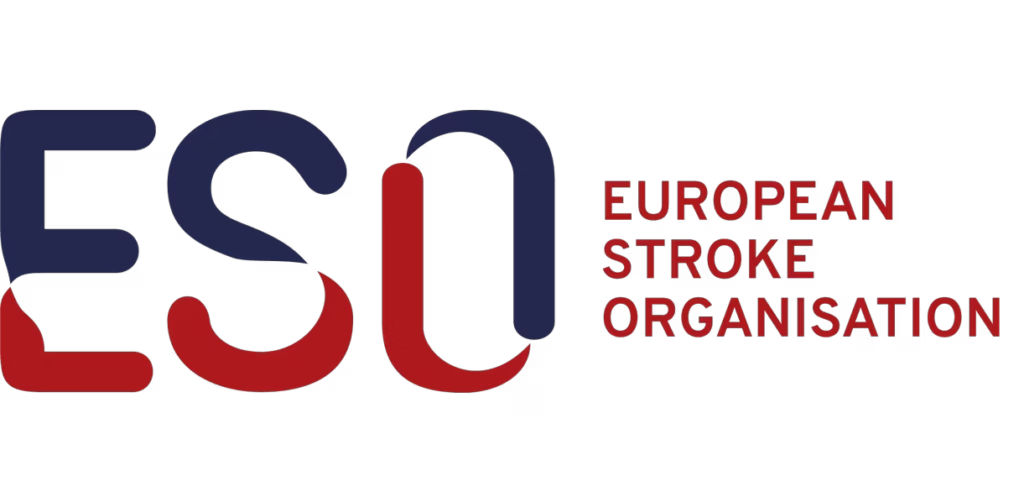
Prof. Simona Sacco outlines the European Stroke Organisation’s (ESO) strategic priorities to reduce disparities in stroke care across Europe. She discusses the transformative impact of the ESO East programme and the Stroke Action Plan for Europe (SAP-E), and also reflects on the increasing role of artificial intelligence (AI) in stroke diagnostics and treatment pathways.

Prof. Michael Schöll joins us at EAN 2025, to discuss how plasma biomarkers are reshaping Alzheimer’s diagnostics, though not yet in routine clinical use.
In this Q&A, he explains the growing role of biomarkers like p-tau217 in MCI pathways, the challenges clinicians face without clear guidelines, and why blood-based and digital biomarkers, alongside new therapies, are the future of dementia care.
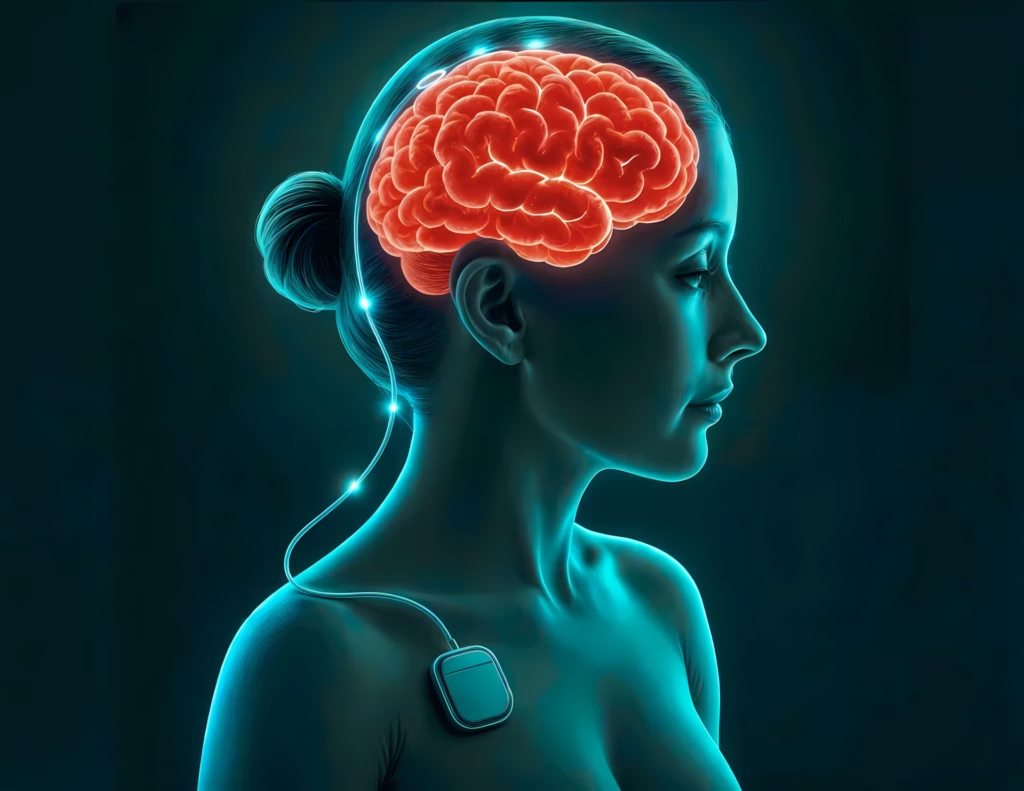
Prof. Joaquim Ferreira shares insights from EAN 2025 on the future of Parkinson’s disease care. He discusses realistic timelines for DMTs, the evolving role of gene therapy for genetic subgroups, and the potential of adaptive deep brain stimulation. Prof. Ferreira also highlights the growing importance of optimizing current treatments, interdisciplinary care, and addressing persistent challenges such as gait disturbance, dyskinesia, and cognitive decline.
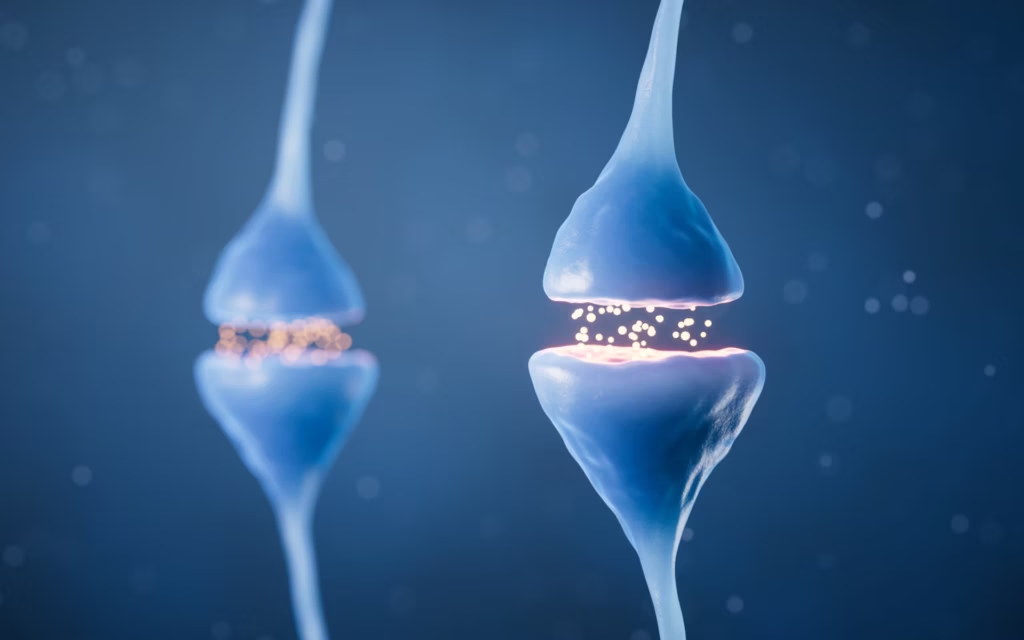
"Continued support for research, and for the patients themselves, is absolutely critical. I’m grateful for the opportunity to help bring some of this work to light." Dr Anissa Abi-Dargham is Chair of Psychiatry and Behavioral Health at the Renaissance ...

In this episode of Visionary Voices, Dr Anthony Caggiano, Chief Medical Officer at Cognition Therapeutics, joins us to explore how biomarkers are transforming our understanding of Alzheimer’s disease, from diagnosis and disease progression to drug development and the future of clinical care.

"it is great to find out that some reasoning and a prescription has helped someone turn their life around" Dr Alexander Lisinski, resident psychiatrist at Sahlgrenska University Hospital and researcher at the Department of Pharmacology, Sahlgrenska Academy, Gothenburg, Sweden, ...
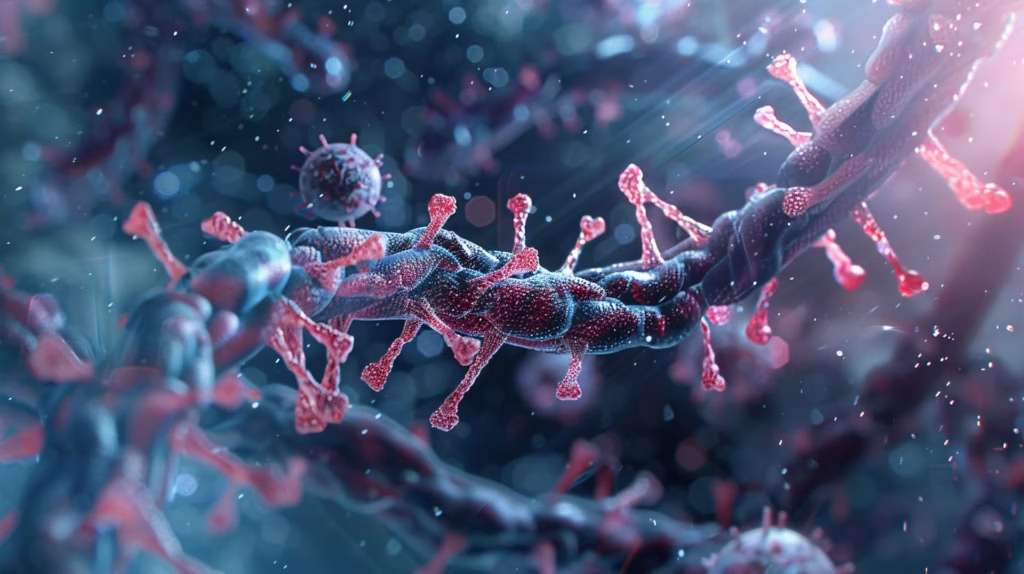
Broadest approval to date in generalized myasthenia gravis The FDA approval of nipocalimab for generalized myasthenia gravis (gMG) introduces a targeted therapy within a validated class, offering the potential for durable disease control across the broadest patient population to date. ...
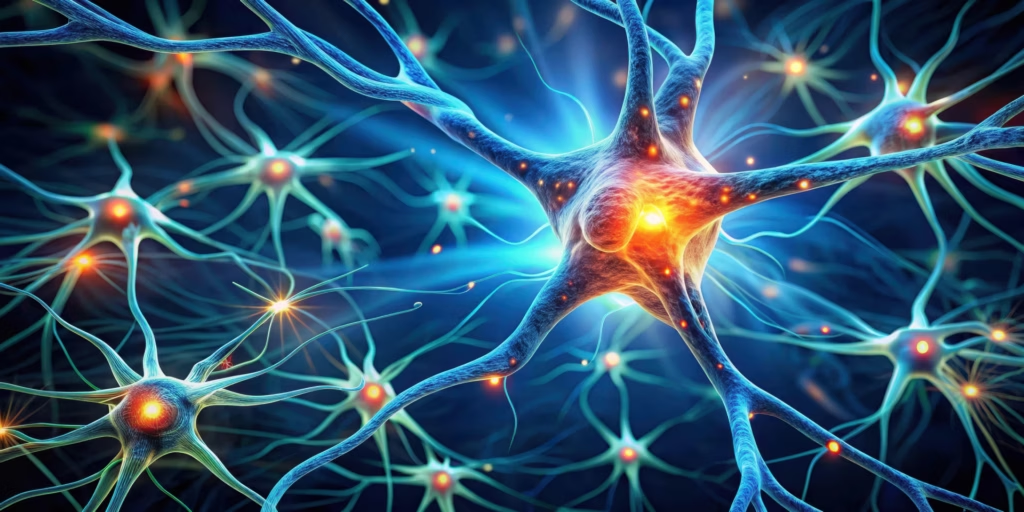
Amyotrophic lateral sclerosis (ALS) is a neurodegenerative disorder of upper and lower motor neurons that results in progressive motor impairment. ALS is the most common disease of motor neurons with an annual incidence of approximately 1.7–2.5 per 100,000 people. It is a ...
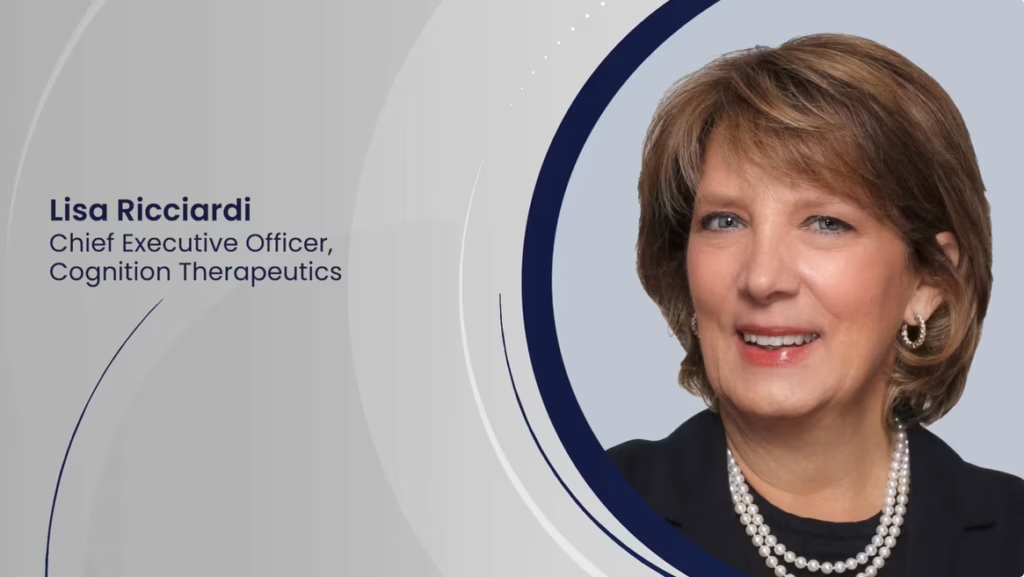
n this interview, we speak with Dr Anthony Caggiano, Chief Medical Officer and Head of R&D at Cognition Therapeutics, and Lisa Ricciardi, the company’s Chief Executive Officer. They discuss the design and findings of the phase II SHINE trial evaluating zervimesine (CT-1812) in mild to moderate Alzheimer’s disease, including important biomarker and clinical insights presented at recent international conferences. They also reflect on promising data from a study in dementia with Lewy bodies (DLB) and how these results are shaping the company’s next steps.

"this is a field where rigorous science can rapidly change lives" Dr Bardia Nourbakhsh, Associate Professor of Neurology, Johns Hopkins University, Baltimore, MD, USA, is a rising star whose work bridges rigorous clinical neurological research with compassionate, patient-centred care. ...
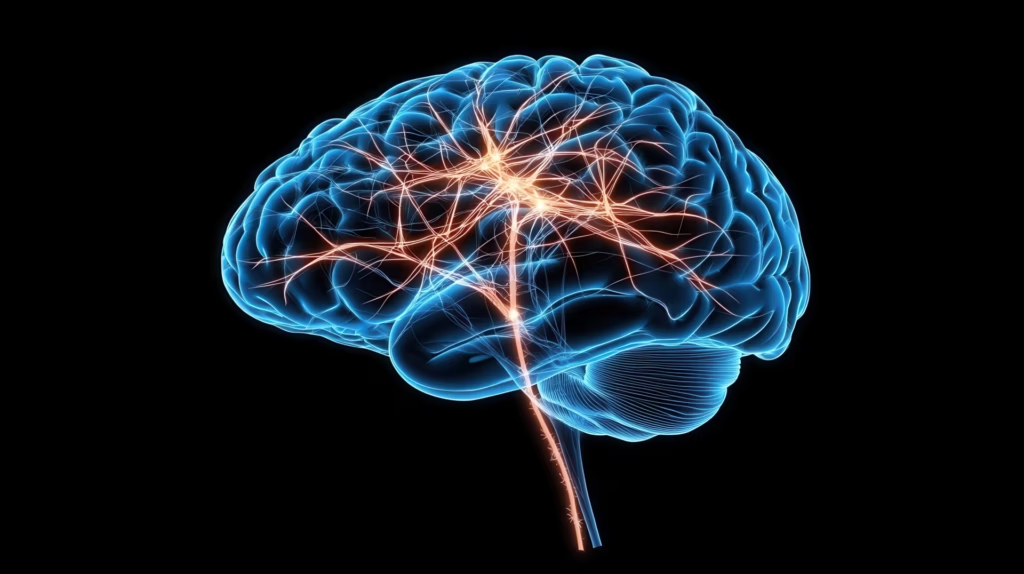
In this Q&A, Dr Andy Liu, Associate Professor of Neurology at Duke University School of Medicine, discusses his presentation on the clinical use of lecanemab in Alzheimer’s disease. Drawing on real-world experience and findings from the 2022 CLARITY AD study, Dr Liu explores the treatment’s benefits, challenges in daily practice and the importance of patient-centred care in this evolving therapeutic landscape.

Amyotrophic lateral sclerosis (ALS) is characterized by the degeneration of both upper and lower motor neurons, which ultimately leads to muscle weakness, atrophy, spasticity and contractures.1 ALS typically manifests in the 50–60 years age range, although familial cases may present in ...

touchNEUROLOGY is delighted to congratulate Dr Amit Bar-Or of Penn Medicine on receiving the 2025 John Dystel Prize for Multiple Sclerosis Research, jointly awarded by the National Multiple Sclerosis Society (NMMS) and the American Academy of Neurology (AAN). This honour recognizes his groundbreaking work in neuroimmunology, precision medicine, and biomarker research in multiple sclerosis (MS).

The 2025 Annual Meeting of the American Academy of Neurology in San Diego brought together over 14,500 neurology professionals from 110 countries and all 50 US states, alongside more than 300 exhibiting companies. It was a week filled with inspiring science, learning, and global collaboration—all in support of advancing brain health for all. Among the many highlights were the late-breaking abstracts, showcasing some of the most exciting developments in neurology. From this impressive selection, we’ve chosen five standout presentations that reflect the innovation and momentum seen throughout the meeting.
Latest articles videos and clinical updates - straight to your inbox
Log into your Touch Account
Earn and track your CME credits on the go, save articles for later, and follow the latest congress coverage.
Register now for FREE Access
Register for free to hear about the latest expert-led education, peer-reviewed articles, conference highlights, and innovative CME activities.
Sign up with an Email
Or use a Social Account.
This Functionality is for
Members Only
Explore the latest in medical education and stay current in your field. Create a free account to track your learning.



